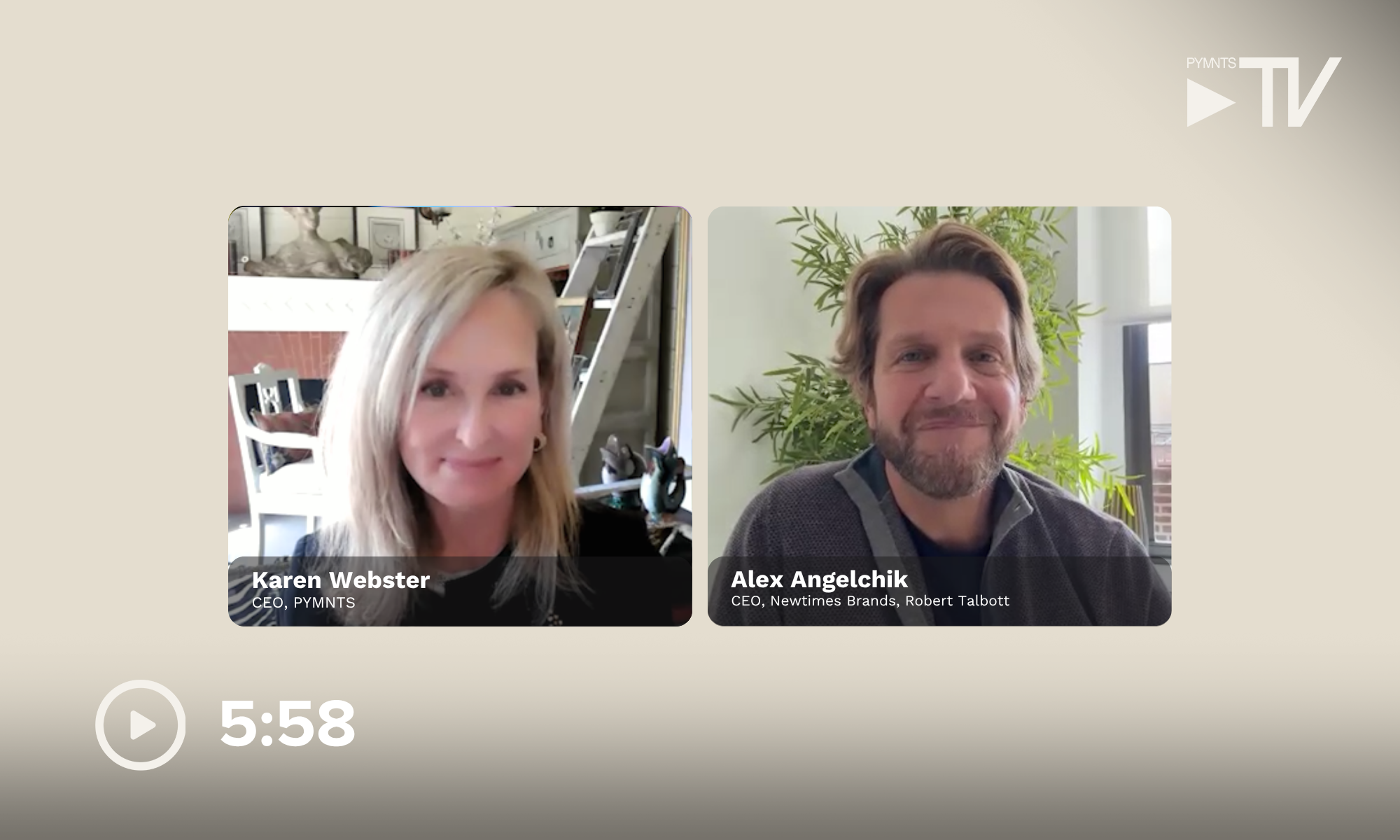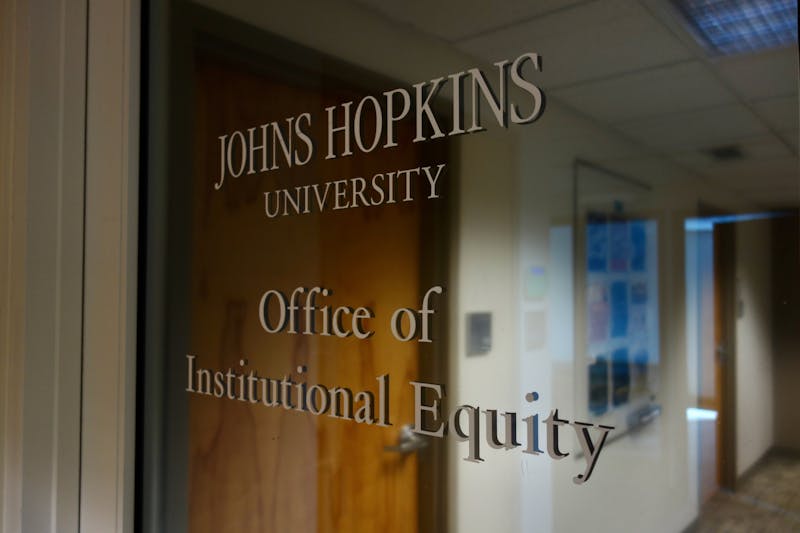New Trend ‘Quiet Vacationing’ Surges Among Millennials This Summer

URGENT UPDATE: A new workplace trend called quiet vacationing is rapidly gaining traction this summer, particularly among millennials. This practice, where employees pretend to be working while traveling or taking personal time, is raising eyebrows as many workers opt for this discreet escape from their daily grind.
Reports from U.S. News & World Report highlight that quiet vacationing is a modern twist on the previously known “hush trips.” Employees leverage technology to maintain the façade of productivity while enjoying personal time away from the office. Unlike traditional “workcations,” where employees openly communicate their plans to work remotely, quiet vacationers keep their activities under wraps.
A recent study by the Harris Poll indicates that nearly 40% of millennials are taking time off without notifying their employers. This trend is particularly concerning, as it underscores a growing anxiety among workers about asking for time off. According to a Resume Builder survey, 1 in 8 workers planned to engage in quiet vacationing last summer, with about 11% admitting to taking vacation days without their employer’s consent.
WHAT’S HAPPENING NOW: As summer heats up, reports suggest that employees are increasingly checking out mentally while still appearing present at work. Workers might be responding to emails from beaches or other vacation spots, creating a misleading picture of their availability.
Experts suggest that the rise of quiet vacationing may stem from deep-rooted workplace cultures that discourage open discussions about time off. Many employees fear that requesting time away from their desks could hinder their career advancement. Fortune reports that the anxiety surrounding time off is a primary motivator for millennials opting to quietly vacation.
HOW TO SPOT QUIET VACATIONING: Career coach Kyle Elliott emphasizes that a notable delay in responses to emails or Slack messages can indicate a colleague is on a secret getaway. If a typically responsive worker suddenly takes hours to reply, they may be enjoying some time away from the office.
However, experts advise against participating in quiet vacationing. Conor Martin Hughes, a senior professional with the Society for Human Resources Management, cautions that while it may offer short-term relief, it prevents employees from fully recharging. He emphasizes the importance of honest communication with employers about work-life balance, suggesting that this trend may highlight larger cultural issues within organizations.
As this trend continues to unfold, employees are urged to reconsider their approach to taking time off. The conversation surrounding mental health and workplace expectations is more crucial than ever. Rather than sneaking away, workers should feel empowered to engage in honest discussions with their employers.
The growing trend of quiet vacationing is a clear signal that many workers are grappling with the pressures of modern work culture. As organizations adapt to these new dynamics, it is essential to foster an environment where employees feel safe to take the time they need without resorting to subterfuge.
WHAT’S NEXT: As summer progresses, keep an eye on how companies respond to these emerging trends and whether they implement policies to create a healthier work-life balance for their employees. The ongoing conversation about workplace culture and expectations will likely evolve as more people engage in quiet vacationing, highlighting the need for significant changes in how time off is perceived and managed.






